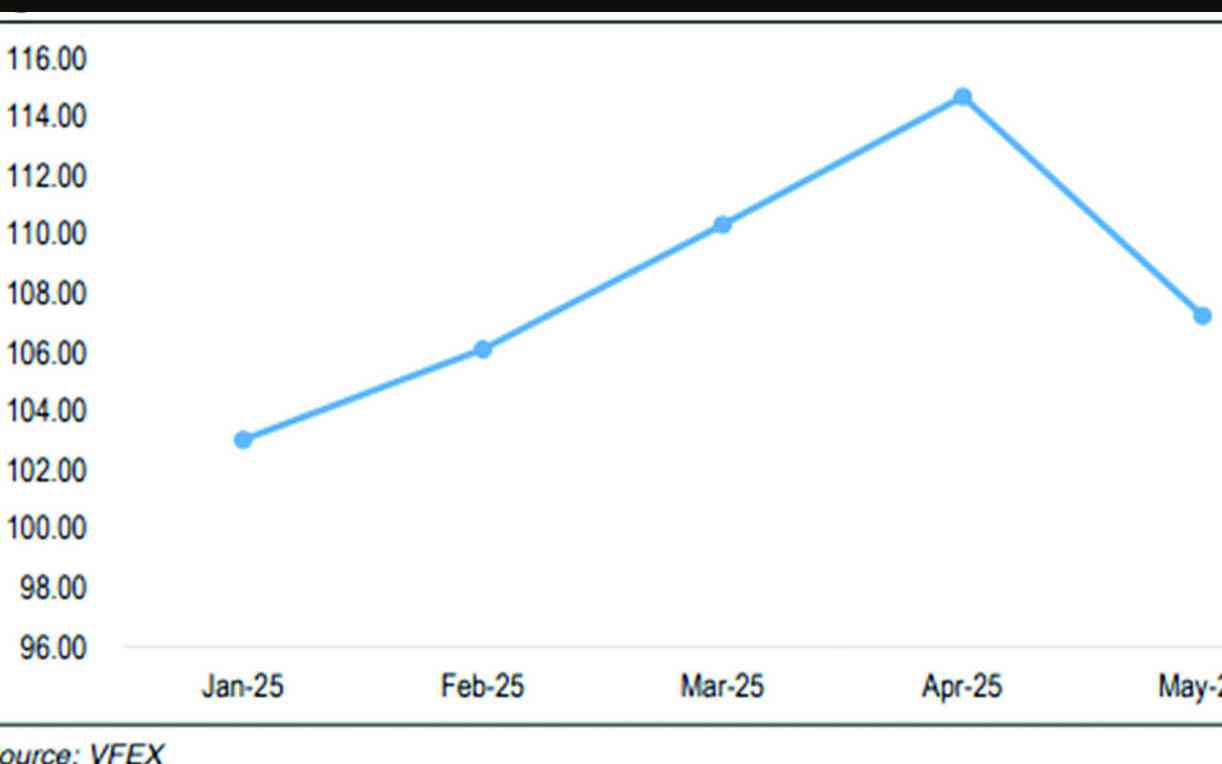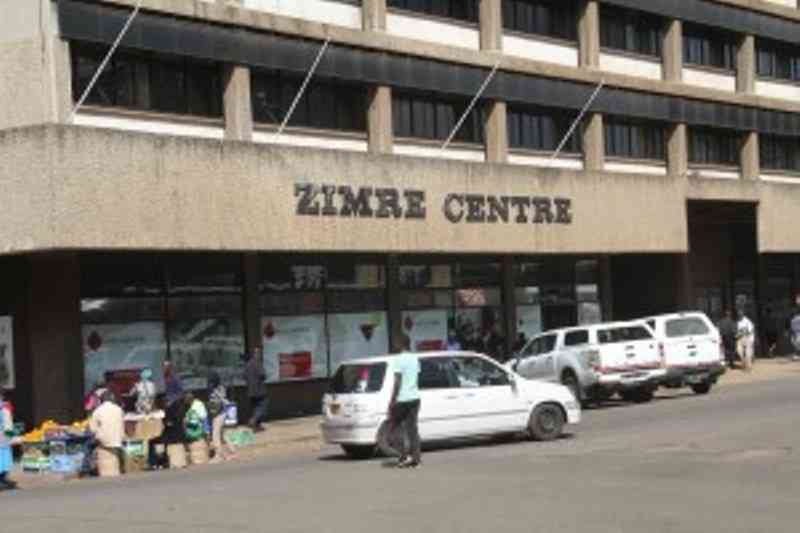ZIMBABWE’S economic downturn has significantly impacted the legal profession, with the Law Society of Zimbabwe (LSZ) reporting a decline in demand for legal services. As clients cut back on expenses, many lawyers are struggling to stay afloat.
The country is grappling with an economic crisis driven by low disposable incomes, power outages, inflation, and currency instability.
The economy is projected to grow by just 3,5%, leaving legal practitioners in a tough spot.
The LSZ said lawyers should charge fees that are “fair and reasonable in all circumstances”, but economic conditions are making this increasingly difficult.
According to the LSZ's tariff of costs effective from October 2022, legal fees range from US$30 per hour for inexperienced lawyers to US$350 per hour for those with over 30 years of experience.
Comparisons across the Southern African Development Community (Sadc) region show that Zimbabwe has the highest legal fees.
Keep Reading
- Biti reported to Law Society
- LSZ to hold open day in Plumtree
- Biti allegedly threatens complainant
- Survey exposes magistrate courts
In South Africa, hourly rates range from US$67 to US$168, while in Zambia, the average is US$256, and in Namibia, it is between US$44 and US$100.
Richard Chidza, LSZ’s corporate communications and public relations manager, said the approved tariff for legal fees is based on years of experience.
However, he acknowledged that the country’s economic challenges have forced some lawyers to adjust their rates.
“Like all other facets of Zimbabwean society, the economic challenges have not spared legal practitioners,” Chidza said.
“A depressed economic environment will have a negative knock-on effect on the work of legal practitioners.
“Corporates and individuals tend to prioritise other things, and legal work is at times affected by tightening of budgets,” he added.
Despite these challenges, the LSZ urged individuals and businesses to seek legal counsel proactively.
“We, however, urge citizens and corporations to always make sure they have lawyers by their side in case they need them. Rather than call on legal practitioners when it is late to solve a situation,” Chidza said.
A lawyer who requested anonymity explained that the legal profession, like any service industry, is highly vulnerable to economic downturns.
“Basically, people will shun hiring a lawyer when the economy is not performing well as they usually have some other pressing issues,” he said.
“A lawyer becomes less of a necessity unless one is under extreme circumstances such as an arrest. So in the end, business is low and that means no income.”
The lawyer said it was actually an act of misconduct to charge less than the prescribed rate as it amounted to touting for business.
“I am not sure if any lawyer is charging less but there might be a possibility that such is happening especially bearing in mind the harsh economic environment,” he said.
“The tariff stipulates a range of fees to be collected by any lawyer based on years of experience on a scale from zero years going upwards. Lawyers are not allowed to tout for business.
“At courts, we only appear for the matters which we already have, and not to look for business or solicit for clients.”
Chidza said the LSZ took a very dim view of any member touting for clients at courts.
“It is an act of misconduct which attracts a very heavy punishment and our members are alive to this reality,” he said.
The challenges faced by Zimbabwean lawyers are not unique. A survey by Harbour found that 44% of law firms in the United Kingdom were facing client pressure to lower fees amid rising costs, with 46% of firms reporting clients moving to cheaper competitors.
Additionally, legal professionals are increasingly facing cyber threats. In 2023, 63% of UK law firms reported being victims of cyber incidents, according to the Law Society of the UK.
Globally, the legal profession contributes US$1,6 trillion to the economy, or 1,7% of global GDP, according to a report by the International Bar Association.
However, in Zimbabwe, the economic crisis is presenting significant challenges for lawyers trying to maintain their businesses.





